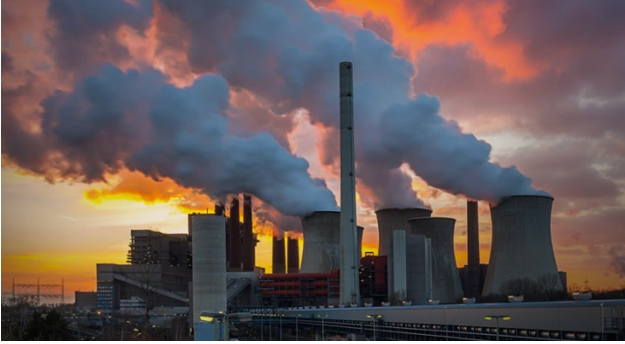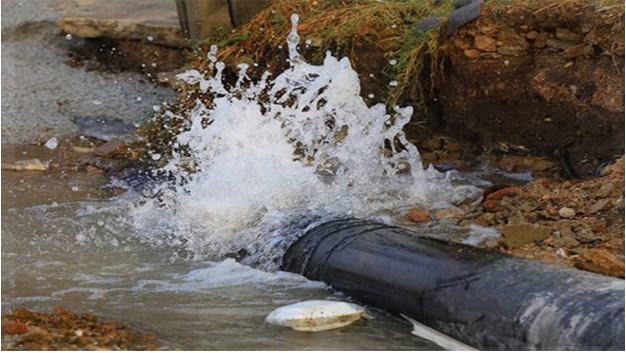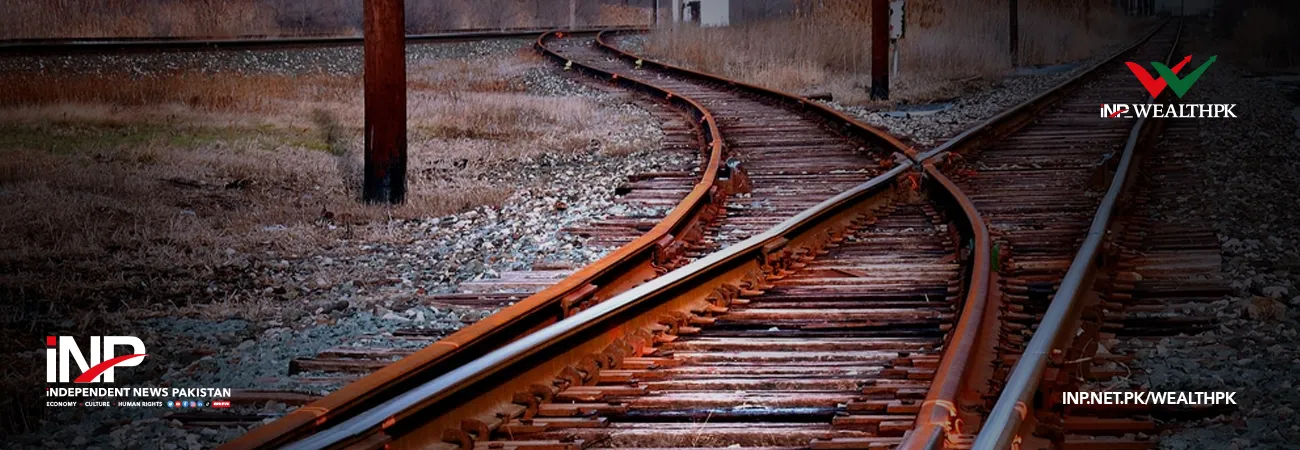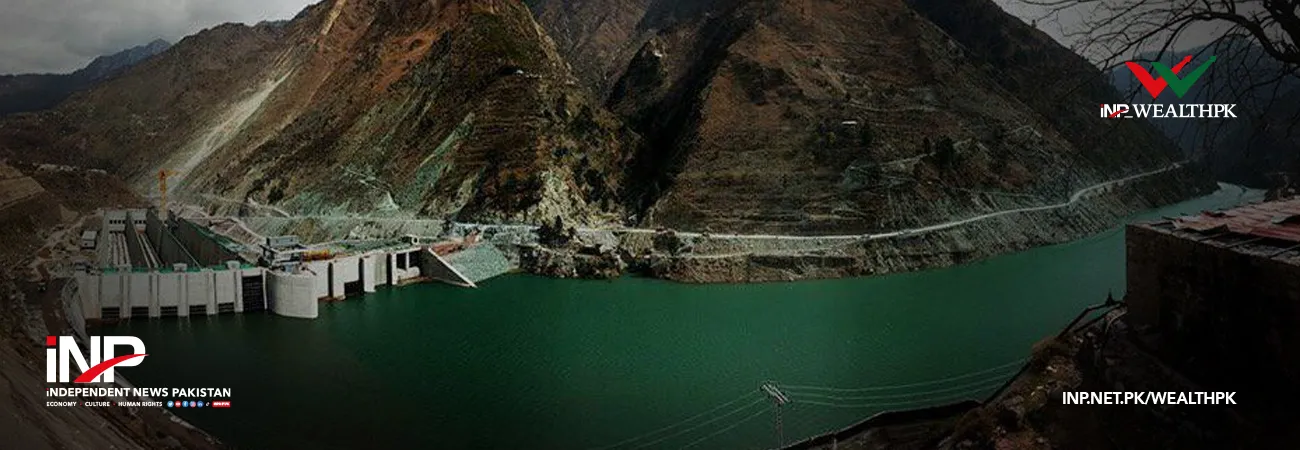آئی این پی ویلتھ پی کے
Ahmed Khan Malik
The Sukkur Industrial Enclave has long been facing infrastructure and utility issues, hindering its growth.

Industrialists and traders operating in the enclave complained that the absence of reliable infrastructure, utilities, and support services had hindered business growth and discouraged potential investors.
Sukkur Industrial Enclave was established to attract investment in manufacturing, agro-processing, and small industries while generating jobs for the local population. However, years later, the enclave remains underdeveloped, with many plots still vacant and few operational units managing to survive.
Local businessmen argued that without a steady supply of electricity, gas, and water, industries could not function effectively.

Frequent power outages, insufficient gas pressure, and the absence of a proper water supply system have forced several entrepreneurs to abandon their operations. “How can industries run without the most basic utilities?” asked Muzzamal Ahmed, owner of a factory. “We were promised facilities, but instead we are spending more on generators and water tankers than on actual production.”
“Beyond utilities, the enclave also suffers from poor road networks and lack of waste management. Trucks carrying raw materials often struggle to access the area due to damaged or incomplete roads, increasing transportation costs and delays. “Industrial waste is left untreated, raising concerns about environmental hazards and affecting nearby communities,” Ahmed said.
Saddarudin Shah, member of the executive council of the enclave, said that many investors believe that such conditions make it difficult to compete with better-equipped industrial zones in Karachi, Hyderabad, or even neighbouring Punjab. “As a result, Sukkur is losing opportunities to attract new industries that could diversify the regional economy and reduce unemployment.”
He said that the lack of development in the industrial enclave has directly affected local employment prospects. “Sukkur, despite being strategically located near the Indus River and connected by highways, has not been able to create the expected number of industrial jobs. Many young workers migrate to Karachi or other cities in search of opportunities, leaving behind a workforce eager but underutilised.”
Shah said that Sukkur has enormous potential in agro-based industries such as rice milling, data processing, and textile weaving. “With proper facilities, the enclave could serve as a processing and export hub for northern Sindh’s agricultural output. Instead, raw produce is often transported to other cities for processing, depriving Sukkur of value addition and income,” he explained.
According to the Sukkur Chamber of Commerce and Industry, repeated requests for better roads, drainage systems, and utility connections have not been met with meaningful action. “Industrialists are willing to invest, but the government must provide a level playing field,” said Imdad Naqvi, chairman of the infrastructure and utilities committee of the chamber.
Talking to WealthPK, he said that public-private partnerships could help improve the situation. “If private investors are allowed to contribute to infrastructure development under government supervision, it may accelerate the provision of essential facilities. However, such initiatives require clear policies and transparency, which many believe are currently lacking.”
Credit: INP-WealthPk











